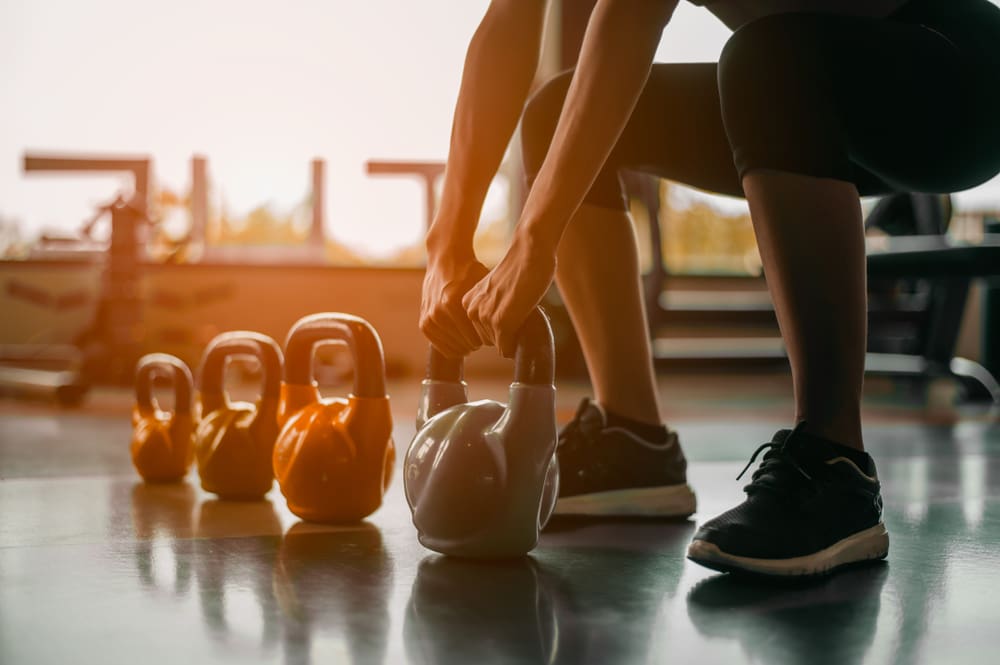If you suffer from chronic pain, performing the simplest of tasks can feel impossible. Whether it’s going to work, visiting the grocery store, or seeing friends and family, the discomfort and pain you’re in can stop you in your tracks when you least expect it. Thankfully, there are ways to improve your quality of life. If you aren’t sure where to begin, here are 8 things you can do to protect your social life from chronic pain.
1. Try Deep Breathing Exercises
There are many symptoms that stem from chronic pain which can wreak havoc on your mind and body. Whether it’s fatigue, joint pain, or muscle aches, experiencing discomfort and pain can have a huge effect on your social life.
Many individuals with chronic pain find that deep breathing exercises help to relax their bodies and put them in control. Start by finding a comfortable place to sit or lie down. Then follow these steps:
- Breathe deeply through your nose, letting your body fill up with the air.
- Slowly breathe out through your nose.
- Place your hands on your belly and chest.
- On the next inhale, feel your belly and chest rise with your breath.
- Repeat until you feel calmer.
Many people also incorporate meditation into their pain management plan.
2. Find Ways to Reduce Stress in Your Life
If your mind is filled with negative thoughts and feelings, it can impact your body’s sensitivity to pain. Feelings such as stress, anxiety, or depression can change your mood and stop you from doing the things you love. Therefore, learning how to take control of stress may help when it comes to finding some form of relief from chronic pain.
There are several techniques that you can try out which promote relaxation and reduce stress levels. These include:
- Listening to calming music: you can purchase specially designed relaxation CDs or download music to help you feel calmer and more peaceful.
- Get active: there are many exercises that people with chronic pain can engage in.
- Talk with your support network: try to meet up with friends and family. Alternatively, you can find support groups online.
3. Get Regular Exercise

Regular exercise is important to our overall health and wellbeing. For those with chronic pain, there is the added benefit of staying fit, improving mood, and blocking pain signals. Regular exercise releases endorphins in the brain, which are chemicals that help make you feel happier.
Exercise can also strengthen muscles and prevent further pain. However, as many patients with chronic pain know, exercise is easier said than done. If that is the case, try out activities in the water like aqua yoga, which require less movement and make you less prone to injury.
You can also try engaging in exercise with a friend. If your chronic pain is having an impact on your social activities, find a family member or friend to exercise alongside. Having someone with you every step of the way can help you stay committed to your fitness journey.
4. Join a Support Group
When you are around others who have chronic pain and know what you’re going through, you may feel more at ease and less alone. Getting support and guidance from those in the same boat as you can help when it comes to coping with the pain that a chronic health problem entails.
You may also wish to speak with a mental health professional who can provide regular counseling and support for when you need it most. The last thing you want to do is bottle up your emotions and feelings. Speaking with a professional can help you learn how to cope better with your illness.
5. Get Plenty of Sleep
If your chronic pain is interfering with how much sleep you get each night, it’s likely that you won’t want to go out and socialize with others. If you’re waking up each morning feeling rundown and low, it’s important that you take action as soon as possible to ensure you’re getting plenty of shut-eye.
Many individuals with chronic pain are prone to waking up more frequently throughout the night, resulting in less efficient sleep. If you have sleep debt, there are actions you can take to sleep better. Try:
- Finding another sleeping position: some sleeping positions are better suited for certain conditions
- Using a humidifier
- Doing light exercises before bed
- Maintaining a sleep schedule
Whether it’s by sticking to a sleep schedule, refraining from using your smartphone in bed, or having a relaxing bath before you hit the hay, there are plenty of strategies that you can use which can help aid sleep.
6. Practice Good Eating Habits

Diet is very important for managing chronic illnesses. Cut out processed foods full of salt and sugar. Rather than reaching for sweet treats and junk food, incorporating plenty of fresh fruits and vegetables into your diet can do wonders for your health and wellbeing.
A balanced diet is crucial in many ways; not only can it aid your digestive process, but you will also be at a lower risk of heart disease and more able to keep your weight under control.
7. Manage Your Mobility
If you need a wheelchair to get around as a result of living with chronic pain, you may be hesitant to do the things you once enjoyed. Rather than shutting yourself away from the outside world, it’s important that you get outdoors and get plenty of fresh air, which can provide you with tons of health benefits.
If you need to head to the grocery store or want to maintain contact with family and friends, you may want to consider purchasing an electric wheelchair. You can even find folding mobility scooters, making it even easier to get out and about. To help find the right scooter for you, here is a list of the top portable options to pick from.
8. Try Massage Therapy
Massage therapy can be another great way to manage your chronic pain. Massage is effective at increasing deep sleep, and provides pain relief benefits for sufferers of chronic pain as well, especially for those with arthritis and fibromyalgia. The main purpose of massage therapy is to help relieve stress and tension, as well as ease joint and muscle pain.
Protect Your Social Life from Chronic Pain
If you’re the type of person that likes socializing with others, suffering from chronic pain can be a huge burden, as well as a hindrance in your day to day life. To prevent chronic pain from disrupting your social life, try to incorporate some of the above tips above!
Do you have any tips to protect your social life from chronic pain?
Sound off in the comments below!
What questions do you still have about protecting your social life from chronic pain?
Email us at info@painresource.com with your suggestions for future articles.
Are you on Facebook?
Join our online community by clicking here.

